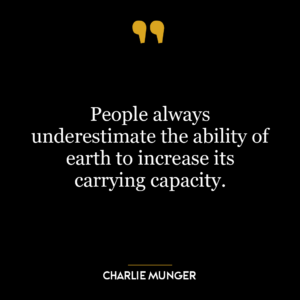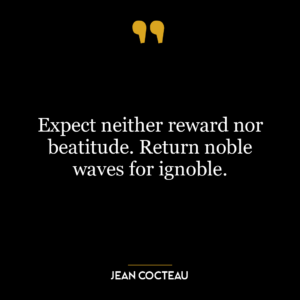This quote is a profound reflection on the essence of humanity, emphasizing the unique potential for nobility, helpfulness, and goodness that sets human beings apart from other creatures. It suggests that the ability to be noble, to help others, and to be good is not just a desirable trait, but an inherent part of what it means to be human. This nobility is not necessarily about high birth or aristocracy, but about moral and ethical superiority.
In the context of personal development, this quote encourages individuals to strive for these qualities. Being noble involves acting with honor and integrity, even when no one is watching. Being helpful means reaching out to others, offering support, and making a positive impact on their lives. Being good involves embodying virtue and righteousness in all actions and decisions.
In today’s world, where selfishness and greed often seem to dominate, this quote is a poignant reminder of our potential for kindness and goodness. It encourages us to rise above base instincts and petty concerns, to act not just for our own benefit, but for the benefit of others and the world as a whole. This could be applied in various contexts, from politics and business to personal relationships and community involvement.
Furthermore, the quote suggests that these qualities are what truly differentiate us from other creatures on Earth. While animals may exhibit certain forms of helpful behavior or social structure, the capacity for moral judgment, altruism, and selfless goodness is uniquely human.
In conclusion, this quote is a call to action for each of us to embrace and cultivate our inherent nobility, helpfulness, and goodness, not just for our own sake, but for the betterment of our society and our world.










